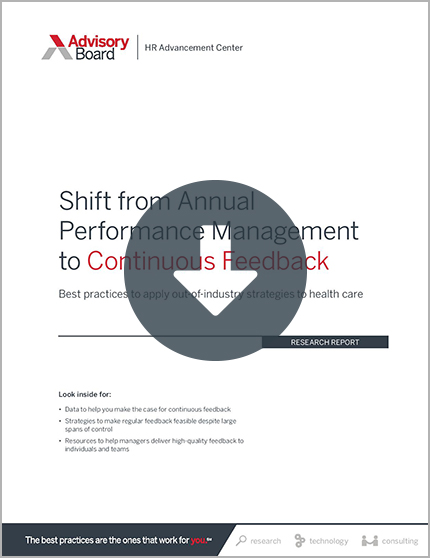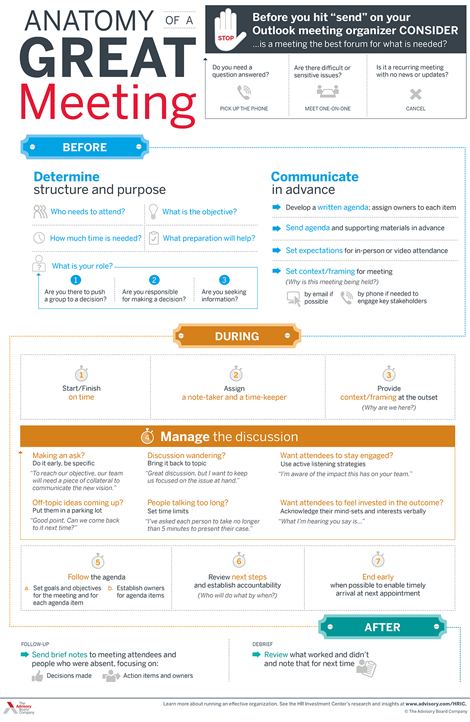Auto logout in seconds.
Continue LogoutThere are two keys to cultivating "grit" among your employees: breaking down large goals into small tasks, and giving the right kind of constructive feedback, explains Angela Duckworth in an interview with Quartz at Work's Leah Fessler.
The manager's guide to engaging staff
Duckworth, a psychologist at the University of Pennsylvania, defines grit as "passion and sustained persistence applied toward long-term achievement, with no particular concern for rewards or recognition along the way," Fessler writes. It takes time to develop, but it can be learned—and Duckworth has two key tips for managers to foster grit among their employees.
How to break down big goals
One of the keys to cultivating grit among your employees is breaking down big goals into smaller tasks, Duckworth says. Then, ask your employee to start with "the part that they're almost able to do, and with support can do," Duckworth saiid.
It's "enormously important" that people have small wins, because progress builds confidence, Duckworth said. "We look at people and we say, 'Oh, they have this outside confidence,' but really one of the things that builds confidence is actual evidence that you're on the right path," she added.
Duckworth likened it to a child learning how to walk or read. Children may not be able to take the next developmental step without some support, but once they get that support, "this next step becomes just within their reach." Duckworth called this the "zone of proximal development."
This strategy works with adults too, Duckworth says. "If you're a great manager," she said, "you will give somebody something that they're just able to do with support, then once they're able to do that [on their own], you give them the next thing they're just able to do, and that's how they grow."
How to provide simple, direct feedback
Constructive feedback is key, Duckworth said, and "[i]t's the job of the manager to give both praise and critique."
An example, Duckworth said her team uses the phrases "Next Time Try"—or "NTT" feedback—to deliver criticism, and "It Was Effective When"—or "IWEW" feedback—to deliver positive enforcement. After a presentation, Duckworth will go to her team and ask for NTTs (e.g. "Next time speak slower") and IWEWs (e.g. "It was effective when you said this anecdote").
It's best to make those NTTs and IWEWs as granular as possible. Duckworth said that NTTs and IWEWs are effective "because they're action-oriented." The phrase "it was effective when you" is followed by something specific. "In general feedback is much better when it's specific, and when it's really direct," Duckworth said (Fessler, Quartz at Work, 3/26).
Another way to become an effective leader: Better meetings
There are about 11 million formal meetings in the United States every day—and more than half of them may be unproductive. Why? Because many meetings are inefficiently run. They don't set or achieve clear goals. And we hold them out of habit.
Drawing on best practices—as well as lessons from across our own organization—we've created this useful infographic to guide if you really need a meeting (and if so, how to maximize everyone's time).
Don't miss out on the latest Advisory Board insights
Create your free account to access 1 resource, including the latest research and webinars.
Want access without creating an account?
You have 1 free members-only resource remaining this month.
1 free members-only resources remaining
1 free members-only resources remaining
You've reached your limit of free insights
Become a member to access all of Advisory Board's resources, events, and experts
Never miss out on the latest innovative health care content tailored to you.
Benefits include:
You've reached your limit of free insights
Become a member to access all of Advisory Board's resources, events, and experts
Never miss out on the latest innovative health care content tailored to you.
Benefits include:
This content is available through your Curated Research partnership with Advisory Board. Click on ‘view this resource’ to read the full piece
Email ask@advisory.com to learn more
Click on ‘Become a Member’ to learn about the benefits of a Full-Access partnership with Advisory Board
Never miss out on the latest innovative health care content tailored to you.
Benefits Include:
This is for members only. Learn more.
Click on ‘Become a Member’ to learn about the benefits of a Full-Access partnership with Advisory Board
Never miss out on the latest innovative health care content tailored to you.


